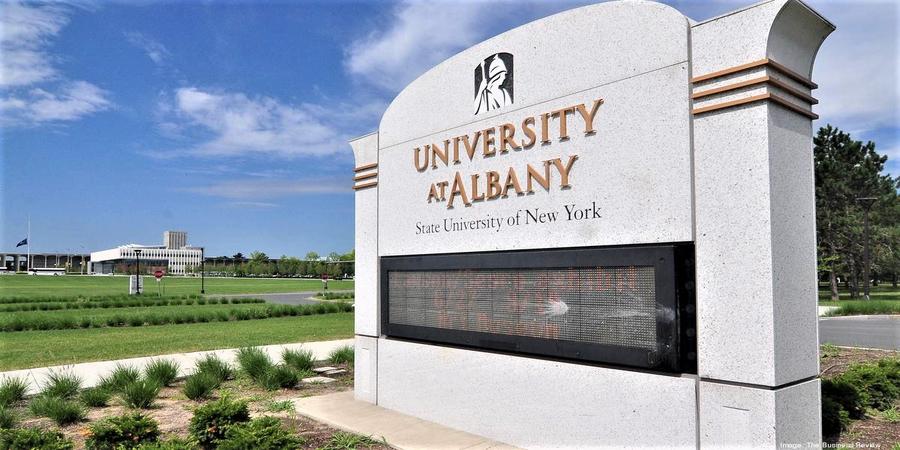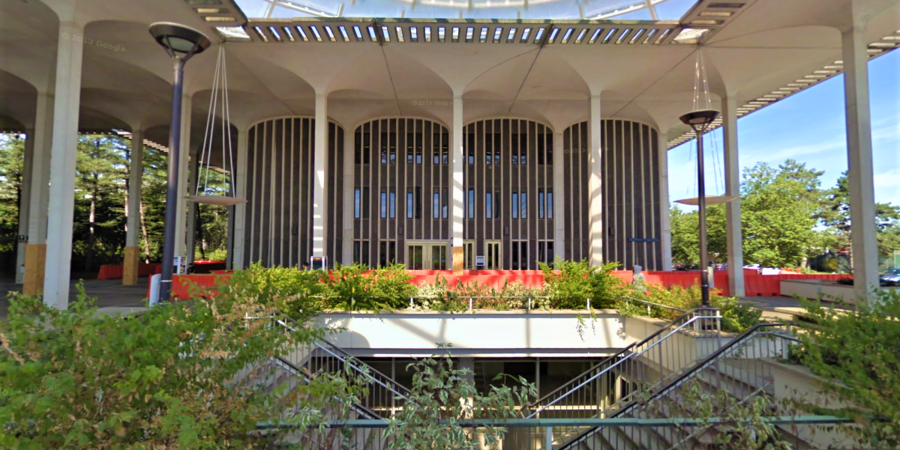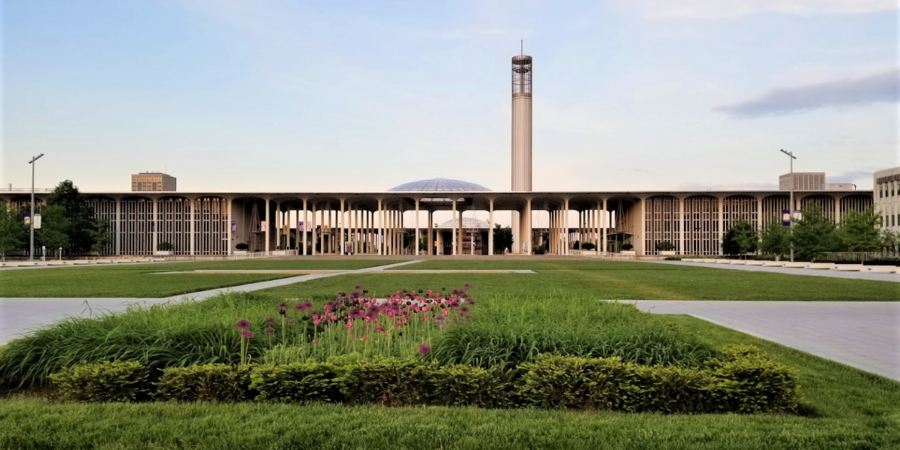SUNY - State University of New York at Albany
- University
- College
- Co-educational private schools
- english
About the SUNY - State University of New York at Albany
The State University of New York at Albany (SUNY Albany) was founded in 1844 as the New York State Normal School with the goal of training teachers. Over the years, the university has evolved into one of the leading public institutions in the U.S., renowned for its academic rigor and diverse programs. Key milestones in its history include its transformation into a university in the 1960s and its inclusion in the State University of New York (SUNY) system in 1962. SUNY Albany has produced many distinguished alumni in fields such as law, politics, and business, including former U.S. Secretary of Homeland Security Janet Napolitano and Nobel laureate Dr. John Mather. The university has also established strong partnerships with academic and research institutions worldwide, further strengthening its reputation in the global academic community. The educational philosophy of SUNY Albany focuses on developing critical thinking and analytical skills across disciplines. The university fosters an inclusive and collaborative learning environment where students gain practical experience, engage in research, and complete internships. SUNY Albany incorporates innovative teaching methods, integrates technology into the curriculum, and promotes interdisciplinary research. The university places a significant emphasis on preparing students for leadership roles in both global and local contexts, providing them with the tools to succeed in a rapidly changing world. In terms of its contribution to the education system, the University at Albany is considered a key player in higher education, especially in the northeastern U.S. The university places significant importance on research, particularly in fields such as public policy, education, and healthcare. Its research institutes and collaborations with other institutions enhance its standing in both national and international academic circles. As a result, SUNY Albany plays an essential role in addressing social issues through scientific research and community engagement. The main goals of SUNY Albany include promoting intellectual development, increasing awareness of global challenges, and ensuring that students are prepared for both professional and academic success. The university’s curriculum is designed to cultivate critical thinking, leadership qualities, and the ability to contribute meaningfully to the development of a diverse and interconnected world. SUNY Albany aims to provide a transformative educational experience, preparing students for the challenges and opportunities they will face after graduation.
MoreLoading...
Admission conditions in SUNY - State University of New York at Albany
Minimum age: Applicants must be at least 17 years old by the time they start their studies. The application process: Applications are submitted through the SUNY Apply platform or on the portal of a specific graduate program. The application process includes filling out an online form, uploading the necessary documents and paying the registration fee, which is usually $50-75. Qualification requirements for education: Undergraduate applicants require a high school diploma or its equivalent (for example, a GED). A bachelor's degree or equivalent is required to complete graduate programs. Required documents: Completed application form. SAT/ACT scores for undergraduate admission or GRE/other test scores for graduate admission. Transcripts of high school or college. Letters of recommendation. A personal statement or essay (for certain programs). Requirements for international students: International students must provide proof of English language proficiency, usually in the form of a TOEFL, IELTS certificate or other recognized test. Transcripts must be submitted in English, and international students may also need to provide certified translations of their academic documents. Financial requirements: International students must prove their financial viability in order to pay for tuition and living expenses. This is usually confirmed by bank statements or written statements of support. Application deadlines: Fall semester: As a rule, applications begin in October and end on May 1. Spring semester: As a rule, applications are accepted from August to November. The exact timing may vary depending on the program. Testing or interview: Although interviews are usually not required for most undergraduate programs, they may be necessary for graduate programs, especially in competitive fields such as business or healthcare.
MoreMinimum rating for admission to SUNY - State University of New York at Albany
Undergraduate applicants often require a minimum GPA of 3.0 or its equivalent. Applicants entering the Master's program usually require an average score of at least 3.0, although competitive programs may have higher requirements.
Prospects after completing studies in SUNY - State University of New York at Albany
SUNY Albany graduates have good career prospects, many of them hold positions in public policy, business, healthcare and technology. Graduates often get jobs in government agencies, multinational companies, or continue their studies at prestigious higher education institutions. SUNY Albany also offers a wide range of career services, helping students with job placement, internships, job fairs and networking.
Title | Age | Period |
|---|---|---|
| Bachelor's Degree program in English | 18+ | 1 year |
| Master's Degree program in English | 20+ | 1 year |
| MBA (english) | 21+ | 1 year |
| The doctoral program in English | 22+ | 1 year |
Leave a review
Loading...















Reviews